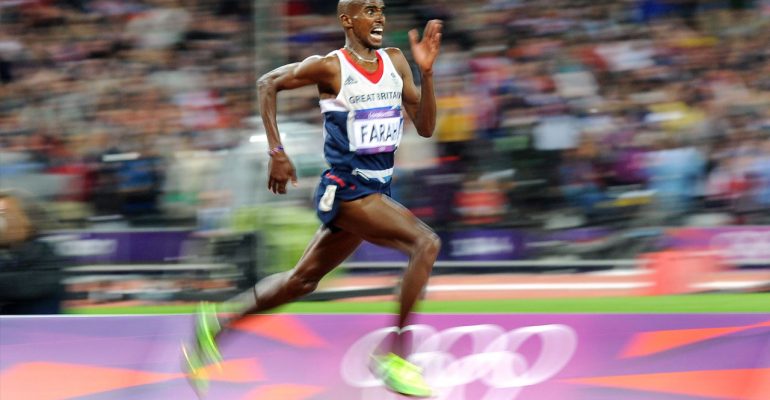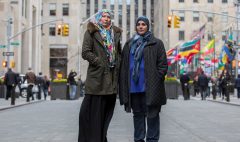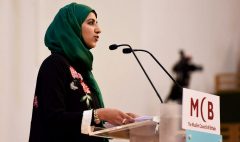Black Muslims are almost invisible in Britain, but now we’re carving out a space
October 30, 2020 2023-05-14 11:05Black Muslims are almost invisible in Britain, but now we’re carving out a space

Black Muslims are almost invisible in Britain, but now we’re carving out a space
While there have been prominent Black Muslim figures such as Malcolm X and Muhammad Ali, Black Muslims as a whole are rarely featured. In a way that’s not surprising: according to a Muslim Council of Britain study, the vast majority of British Muslims are of south-east Asian heritage, while Africans, African-Caribbean and “other” Black people on make up about 10%.
But what does it mean to be a minority within a minority? The research points to feelings of disappointment, frustration, and alienation from the larger Muslim community.
Islam does not teach or justify racist ideas, but the fact remains that, due to a mix of ignorance, cultural conditioning and the legacy of colonialism, many south Asians do hold varying degrees of prejudice towards Black people. A survey carried out by Muslim Census among young Muslims found that 82% had witnessed anti-Black racism from their own family and friends.
And in a study conducted by the Black Muslim Forum, 63% of participants said they did not feel like they belonged to the UK Muslim community. In addition, 49% had faced anti-Black discrimination within a UK mosque or religious setting.
Over the last few years, steps have been taken to address these issues. The Muslim Council of Britain held the first ever Proudly Muslim and Black symposium in 2019, which brought together academics, scholars and senior community figures to discuss the way Black Muslims are perceived and treated – and paved the way for an initiative to improve the representation of Black Muslims. There has also been the creation of various platforms for Black Muslims on specialist channels and online.
But this summer changed everything. The murder of George Floyd and the Black Lives Matter protests led to important community conversations about anti-Blackness, on a scale not seen before. Across social media, Black Muslims started speaking more openly than ever about their pain and trauma, and other Muslims actually started listening.
Source: The Guardian








